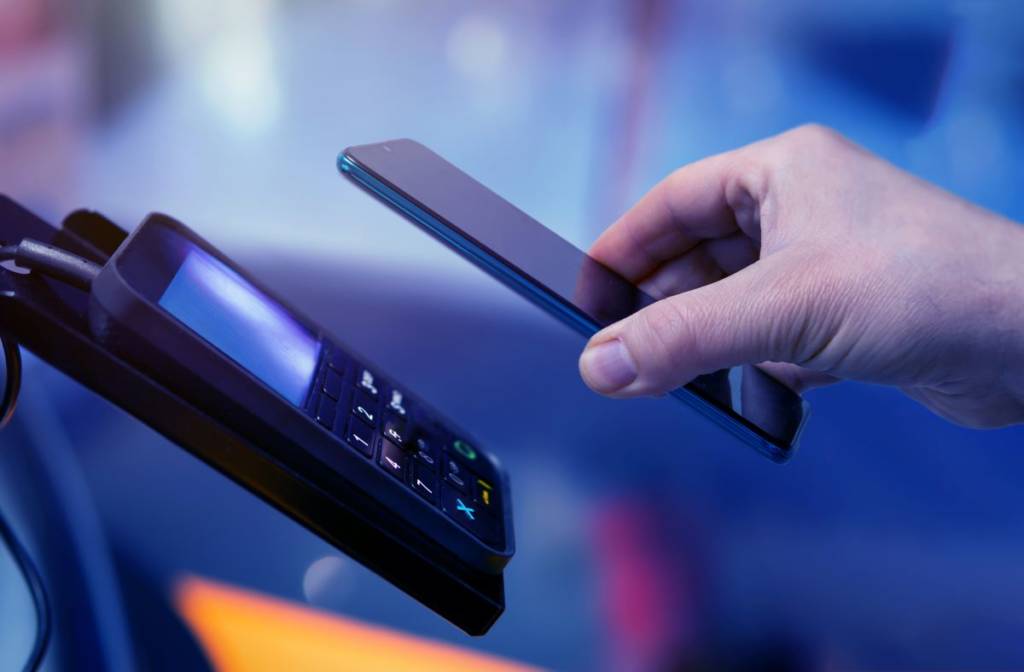Cash remains the preferred form of consumer payment in México, especially among the rural population, primarily due to limited knowledge of payment cards or limited access to banking infrastructure. Cash is primarily used for making small-value payments at retailers, and for the payment of utility bills, taxes and transport fares. A meaningful portion of the population is engaged in informal businesses like commerce on the streets, including farmers, street vendors, domestic servants and self-employed workers.
Debit cards have grown in prominence due to the introduction of electronic payroll services, an increase in the banked population – based on many alternative payment options created by the current 23 banks in the country – and the government’s distribution of social welfare funds through cards. Mexico’s government is focusing on financial inclusion by undertaking three social benefits programs: Oportunidades, Programa para Adultos Mayores and Procampo, disbursing benefits through bank accounts and cards. These programs are supervised by the Ministry of Social Development. Banks have also supported financial inclusion programs, resulting in an increase in the banked population from 31.5 percent in 2012 to 46.8 percent in 2016 (source: GlobalData Research), which in turn has supported a rise in debit card penetration.
Payment cards remain the most popular payment method among online shoppers, accounting for 60.8 percent of global eCommerce transaction value in 2016. Additionally, alternative payments, including PayPal, MercadoPago, DineroMail and SafetyPay, are all used extensively for online shopping. The availability of digital wallet services, and the security and convenience they offer, has made them popular among consumers.
Despite being “small in size,” the Mexican credit card market has growth in terms of the number of cards in circulation, as well as transaction value and quantity, supported by high consumer spending.
To combat fraudulent payment activities in México, banks and scheme providers are taking a number of measures, with one example being Mastercard’s introduction of the Identity Check Mobile solution introduced in November 2016. The solution allows card holders to verify online payments by scanning their fingerprint or taking a selfie. Unlike existing identity verification methods — which take shoppers away from a merchant’s website or mobile app and often require them to remember and enter a password — Mastercard Identity Check Mobile verifies the user via technologies including biometrics and one-time passwords. In January 2015, Oberthur Technologies partnered with PROSA, a provider of payment processing services, to launch OT Motion Code technology. With Motion Code, the card’s CVV code is replaced with a mini-screen on which the CVV code changes automatically at regular intervals, making it impossible for fraudsters to misuse.
The uptake of alternative payments is gradually growing in Mexico, with banks and payment solutions providers launching products and services in the sector. For example, Mastercard partnered with Banamex to launch its digital wallet, Banamex Wallet, in 2016. The Android-compatible mobile app can be used to make contactless m-payments, which are authorized by a four-digit PIN. Users can add all Mastercard-branded credit cards to the wallet. In 2014, BBVA Bancomer launched its mobile wallet, BBVA Wallet, in México. The wallet allows secure NFC payments at merchant locations that accept contactless payments.
To further enhance financial inclusion, México joined the UN-based Better Than Cash Alliance in 2016. The move came after the government introduced a national policy on financial inclusion to promote the use of electronic payments across the country and reduce the dependence on cash. With 86 percent of the 124.6 million population owning mobile phones, the Better Than Cash Alliance aims to harness the popularity of mobile phones for digital payments. Earlier in February 2016, PROSA partnered with digital solutions provider Gemalto to offer m-payment services to its partner banks, which include 95 percent of credit, debit and prepaid card issuers in the country. Gemalto’s Trusted Service Hub allows banks to offer their own mobile wallets using host card emulation technology, while PROSA is responsible for mobile wallet development, card holder identification and verification, card digitization and security.
In the next part of this two-part series, we will take a look at the eCommerce market in Mexico and the future of payments in the country.
Consumers, as well as businesses, are interested in faster, safer and more convenient payment methods.



